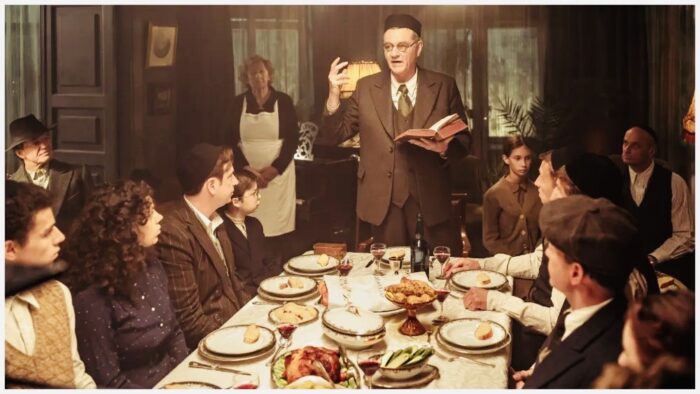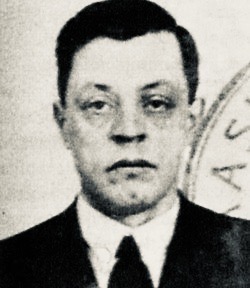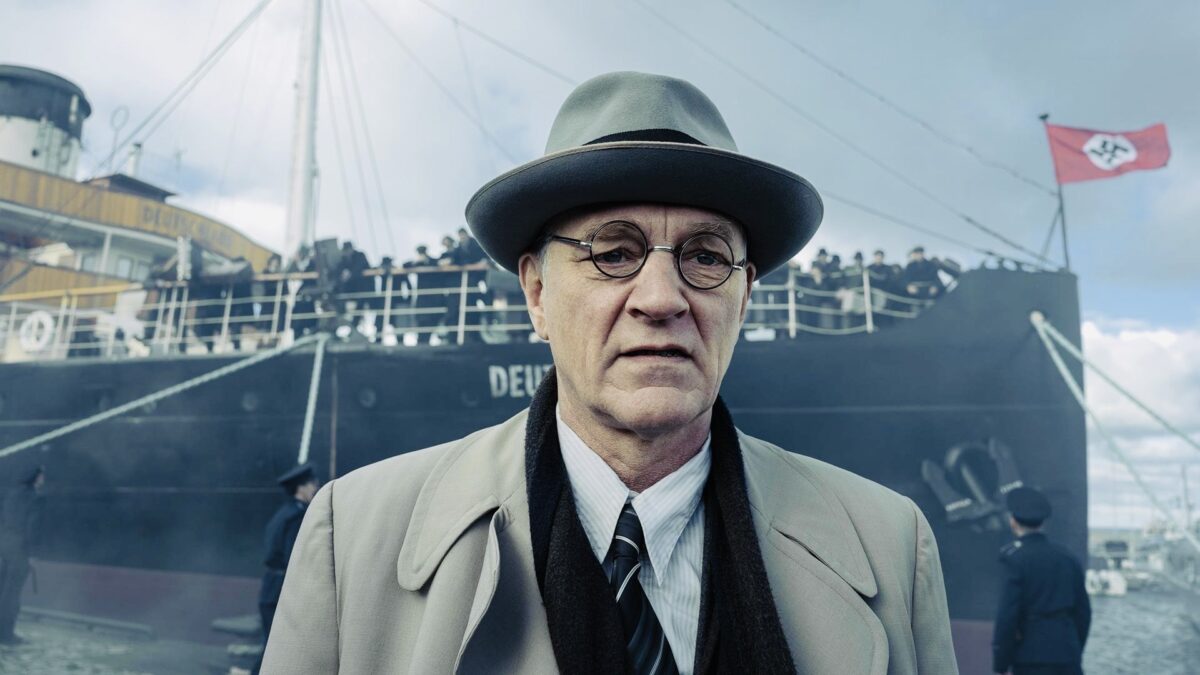The late Abraham Stiller was a heroic figure. A Jewish community leader in Helsinki before and during World War II, he single-handedly helped imperilled Austrian Jewish refugees find a refuge in Finland.
Klaus Haro’s Finnish movie, Never Alone, documents his herculean efforts to assist them in their hour of need. It will be screened at the Toronto Jewish Film Festival, which runs from June 5-15.
It starts in 1972 as a journalist interviews Stiller, who died in that year. He listens to her questions intently, but initially refrains from replying.
A flashback takes us back to 1938, when Stiller (Ville Virtanen) pleads with Finnish government ministers to allow eight Austrian Jews into the country. Austria has been annexed by Nazi Germany, and the lives of Austrian Jews have been thrown into peril.
The government grants his request on the condition that the Jewish community will support them financially. His friend, Finance Minister Vaino Tanner, is especially helpful.

Stiller, the proprietor of a clothing store in central Helsinki, is obviously an influential person. Yet some Finns, notably Arno Anthoni (Kari Hietalahti), the director of the state police, oppose the government’s dispensation and try to undermine Stiller’s humanitarian efforts.
When Anthoni, an antisemite, arrives at Stiller’s shop to pick up purchases, the sparks fly. Janta Kollmann, a refugee and Stiller’s shop assistant, offends Anthoni by her very presence. Riled up by his crude behavior, Stiller angrily orders him to leave his store.
This will not be their last clash.
Never Alone, which unfolds mostly from Stiller’s perspective, is clearly sympathetic to the Jewish point of view.
The film takes place against the backdrop of two important events — the Russian invasion of Finland in 1939, which triggered a brief cross-border war and resulted in the loss of Finnish territory to the Soviet Union, and Finland’s momentous decision to form an alliance of convenience with Nazi Germany.
Although Finnish troops fought alongside German troops in the opening years of the war, Finland was not a hotbed of antisemitism. It respected its small Jewish community and, unlike other German allies, did not enact antisemitic regulations and laws.
However, pro-Nazi Finns like Anthoni sought to keep out Jewish refugees and expel Jews with Finnish citizenship. His animosity toward Jews is illustrated in two stark scenes.

In the first one, Stiller visits Lapland, a remote and barren region in the Arctic where several of the Austrian refugees have been exiled and put to work in a labor camp. It is there that he encounters a savage German army officer who threatens to shoot him.
And in a subsequent scene, Anthoni shows up at Gestapo headquarters in Berlin to discuss his plan to deport Jews from Finland.

Anthoni’s malevolent intentions do not carry the day at a subsequent Finnish cabinet meeting, during which most ministers express opposition to the expulsion of Finnish Jews, but equivocate on the issue of Jewish refugees in Finland.
Inevitably, Anthoni issues an order which dooms the Austrian refugees. Stiller, powerless to intervene, is overcome by guilt. Decades later, as he submits to probing questions from the Finnish journalist, he still blames himself for the tragedy.
Never Alone, a solidly-crafted film with fine performances from its cast, transmits Stiller’s feelings with empathy and strength and leaves an impactful and unambiguous message. While the position of Finnish Jews in wartime Finland was never really in doubt, despite relentless antisemites such as Anthoni, the fate of Jewish refugees there was extremely precarious.
